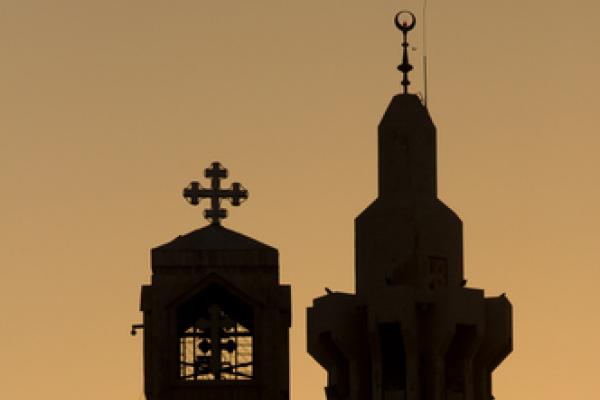CAN YOU GO to school to become an interfaith leader? An increasing number of faculty, staff, and students on campuses believe the answer is “yes.”
Interfaith leadership courses are starting to crop up at colleges across the country. At New York University and Nazareth College, you can even get a minor in the area. The organization I lead, Interfaith Youth Core, recently organized a conference for university faculty interested in this area. We expected 30 people to show up, and got nearly 120. This all suggests that this may be a field whose time has come.
Academically speaking, “interfaith leadership” is part of the larger field of “interfaith studies.” Just as you might study education at a university to become a teacher, in the future you will be able to take coursework in interfaith studies in preparation for a career in interfaith leadership.
Interfaith studies looks at the myriad ways that people who orient around religion differently interact with one another and considers the implications of that interaction for everything from personal lives to global politics. It’s a field that asks questions such as: In what religious groups is the intermarriage rate growing fastest, and what are the distinctive dynamics of such relationships? What types of political arrangements seem to foster positive interaction between faith communities, and what types are associated with interreligious tension? How effective are current religious education programs in forming young people in faith traditions?
Read the Full Article

